
March 25 (four days after listening to a song from his Chansons de Bilitis) marked 100 years since the death of Claude Debussy, so the musical world is paying homage to him this year. In fact, he's not a composer that visits us often; we've only heard three songs so far and it seems that we're going from anniversary to anniversary, because the first one was Beau soir, on the occasion of the 150th anniversary of his birth, in August 2012. Today we're listening to a fourth song, a mélodie that is not considered among the best (well, not every peace can be a masterpiece) and it's not well-known. I like it, and I especially like the recording [...]
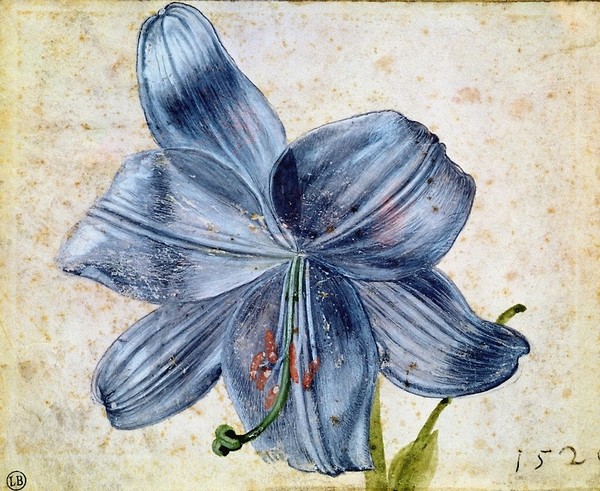
March 25 (four days after listening to a song from his Chansons de Bilitis) marked 100 years since the death of Claude Debussy, so the musical world is paying homage to him this year. In fact, he's not a composer that visits us often; we've only heard three songs so far and it seems that we're going from anniversary to anniversary, because the first one was Beau soir, on the occasion of the 150th anniversary of his birth, in August 2012. Today we're listening to a fourth song, a mélodie that is not considered among the best (well, not every peace can be a masterpiece) and it's not well-known. I like it, and I especially like the recording I'm sharing today.
The song is Romance, published in 1891 as the first one of the Deux romances, L79. I found some references that mention this work as L65; I would say it's a confusion between catalogues. In 1977, the musicologist François Lesure published the catalogue that we identified with the initial of his last name, L. In 2003, shortly after his death, a new catalogue was published as a review of the previous one (if I'm not wrong, Lesure himself prepared it), known by the initials of the composer, CD. In this new catalogue, the two songs included in Deux Romances appear as a CD65 and CD66, hence the possible mistake. In addition, there is some ambiguity with the title, because Debussy wrote three songs called Romance. To avoid any confusion our song is often called L'âme évaporée (the first words of the poem).
According to its style, Debussy is believed to have composed L'âme évaporée some years before its publication, probably in 1885, during his first year in Villa Medici after winning the Prix de Rome of composition. The poem was written by his friend Paul Bourget; known mostly as a novelist, he published all his poetry in his twenties; L'âme évaporée belongs (as Beau soir) to his last volume, Les Aveux, published in 1882 when he was 27. All in all, Debussy wrote four mélodies with poems by Bourget.
L'âme évaporée, the "spent soul" of the poem is the soul of the lilies, their scent, the metaphor used by someone who wonders about a lost love; So volatile is this aroma as incomprehensible are the reasons that caused the abandonment. The poem talks about lilies, so the song could only be tender and delicate. The voice begins declamating after the piano prelude; the rest of the phrases form elegant arches that remain between piano and pianissimo. This song is like a sigh; it could go unnoticed among others with a stronger personality. But if Nicolai Gedda is singing (his pianist is Aldo Ciccolini), I would say that the only option is to pay attention. I hope you like L'âme évaporée!
L'âme douce, l'âme odorante
Des lis divins que j'ai cueillis
Dans le jardin de ta pensée,
Où donc les vents l'ont-ils chassée,
Cette âme adorable des lis?
N'est-il plus un parfum qui reste
De la suavité céleste
Des jours ou tu m'enveloppais
D'une vapeur surnaturelle,
Faite d'espoir, d'amour fidèle,
De béatitude et de paix?


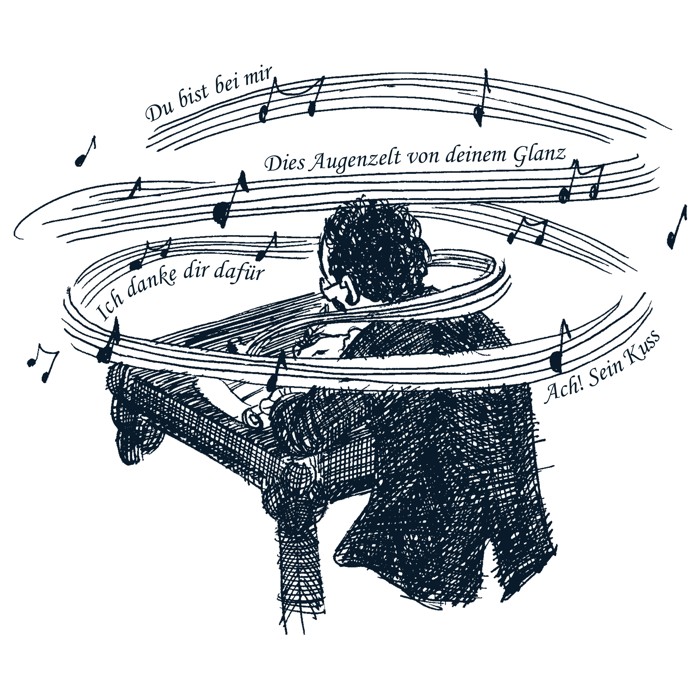


 About...
About...




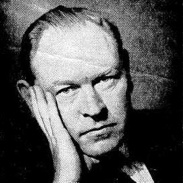



















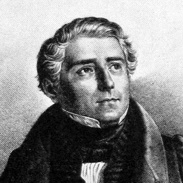





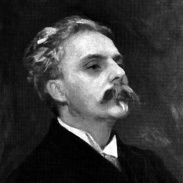










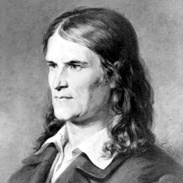


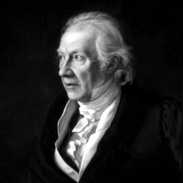






Comments powered by CComment